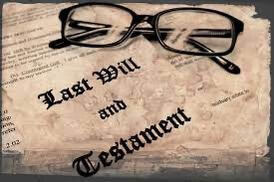I am often asked by my estate planning clients, is it a succession or is it probate. My simple answer is the terms are used interchangeably, however, there are differences.
Succession
- Definition: Succession refers to the legal process by which the assets and liabilities of a deceased person are transferred to their heirs or beneficiaries. It determines who inherits what after someone passes away.
- Types: There are generally two types of succession:
- Testate Succession: Occurs when the deceased has left a valid will specifying how their assets should be distributed.
- Intestate Succession: Happens when there is no valid will, and the deceased’s assets are distributed according to state intestacy laws.
Probate
- Definition: Probate is the legal process that validates a will (if one exists) and oversees the distribution of the deceased’s estate. It typically involves proving the will’s validity, appointing an executor or personal representative, and settling any debts or taxes owed by the estate.
- Process: The probate process can involve several steps, including:
- Filing the will with the court
- Appraising the estate’s assets
- Notifying creditors
- Paying debts and taxes
- Distributing the remaining assets to the legatees

Key Differences
- Scope: Succession is broader and includes the overall transfer of assets, while probate is a specific legal procedure to facilitate that transfer when necessary.
- Context: Succession occurs regardless of whether a probate process is needed; for example, assets held in trust or with designated beneficiaries may bypass probate entirely.
Understanding these distinctions can help clarify the processes involved in estate planning and inheritance.
Chip LoCoco
New Orleans Estate Planning Attorney
504-483-2332
